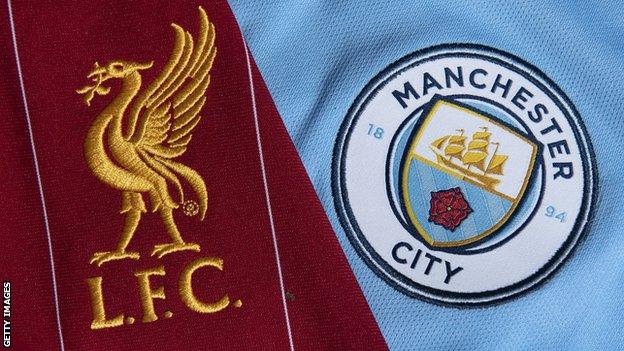Dementia in football: Mouthguard study on heading impact extended
- Published

Liverpool and Manchester City began using the mouthguards in March 2021
A study using special mouthguards to assess the impact of heading the ball in training has been extended to 12 clubs across English football.
Liverpool and Manchester City women's and youth teams began using the technology in March 2021 to collect data on how the head is affected.
A 2019 study found ex-professional footballers are more likely to die of dementia than the general population.
Clubs from the Premier League, EFL and WSL will use the mouthguards.
An extension of existing research into the long-term dangers of heading, the mouthguards collect data on the force and frequency of head impacts in training.
The results will be used to develop ongoing guidance on heading in English football.
The Premier League has also created neck strengthening guidance after it identified neck and shoulder strength as an area in need of further research.
New guidelines issued last July limited professional footballers in England to 10 "higher force headers" a week in training from the 2021-22 season.
In August, new research showed defenders are more likely to have dementia in later life compared with other playing positions in football.
Earlier this year, a dedicated care department for former players living with neurodegenerative disease (NDD) was set up by the Professional Footballers' Association and on Monday the union launched a new consultation asking ex-players concerned about NDDs to come forward.

Our coverage of your Premier League club is bigger and better than ever before - follow your team and sign up for notifications in the BBC Sport app to make sure you never miss a moment
